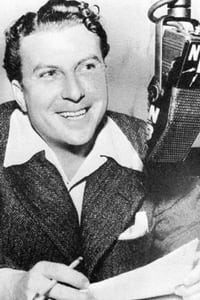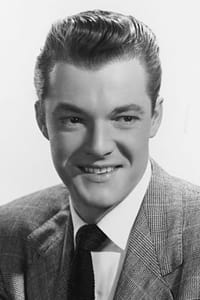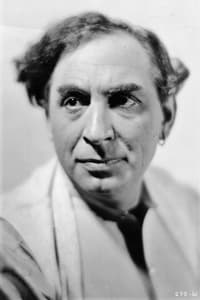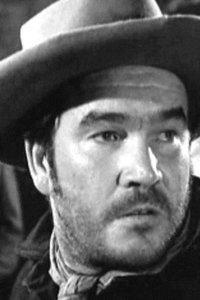We Do It Because
Genres
History
OverView
This John Nesbitt's Passing Parade short explores the origins of various customs such as shaking hands, kissing, and why ships are christened.
Others
Budget
$--
Revenue
$--
Status
Released
Original Language
English
Runtime
10 mins
Rating
0/10
Release Date
24 January 1942
Country
United States of America







